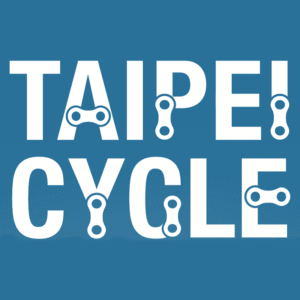Dubbed a “Tiger Cub” economy due to its favourable demographics and strong economic growth, Vietnam has seen a lot of investment from Taiwan’s bicycle industry. How did it all start, what are the factors behind the country’s success, and is it sustainable?
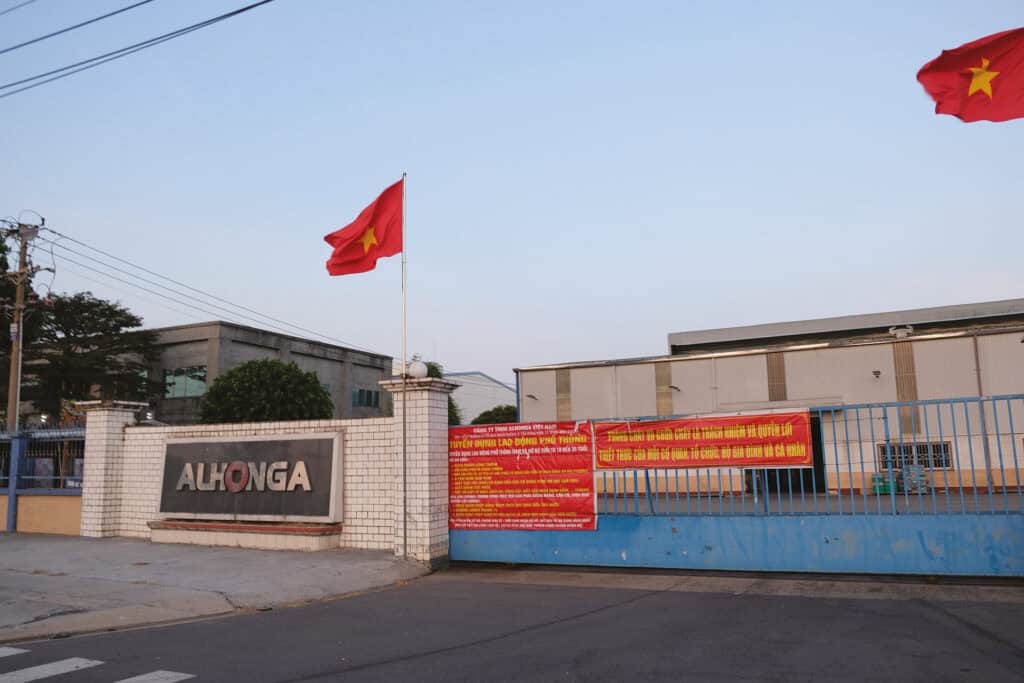
When industrial corporations look to invest in factories abroad, they weigh up a number of factors. Apart from the availability of land and industrial labor, these factors include political stability, a robust economy and favourable trade conditions – after all the output of these factories is mostly heading for export markets. Labour laws also naturally play a role, as do regulations regarding intellectual property rights. At the end of the 20th century Taiwan’s bicycle industry was facing a pinch due to rising labor, land and energy costs and a lack of blue-collar workers. As a consequence, many large corporations moved the high-volume part of their production to China, with Shenzhen and Kunshan as the prime locations.
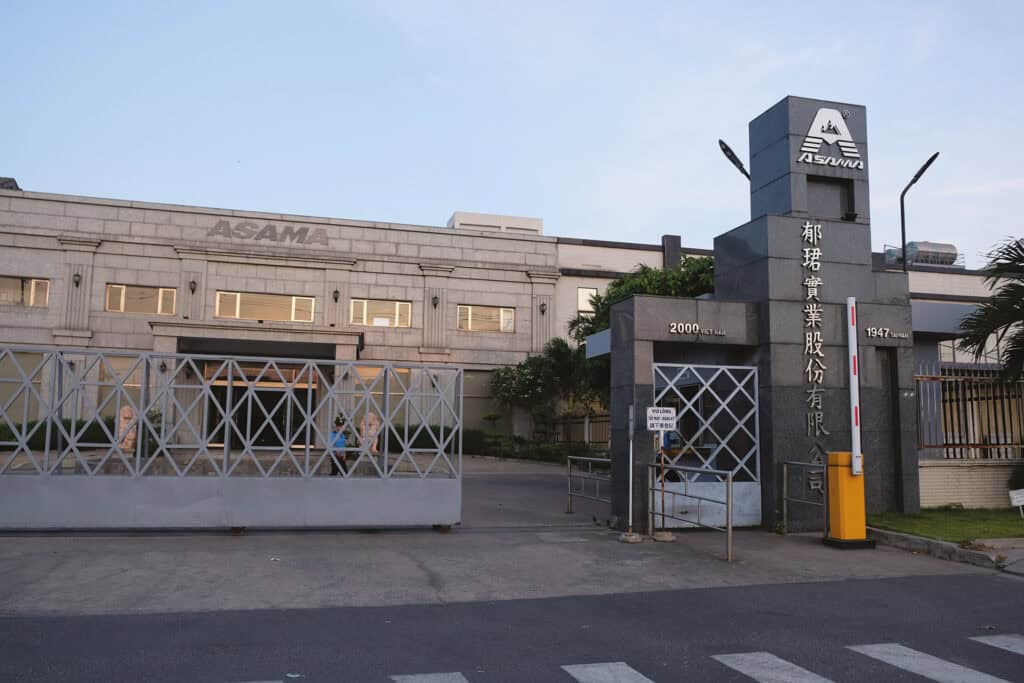
Bicycle cluster close to Ho Chi Minh City
However, not all corporations were willing to put all their eggs in one basket — Taiwanese assembler Strongman moved into Vietnam as early as 1996. In late 2000 Dragon Bicycles Vietnam, a subsidiary of Taiwanese frame maker MT Racing, started operations. At the same time, frame builder Astro Engineering, saddle and grips specialist DDK Group and KMC Chain also opened factories in Vietnam. All these factories were set up close to Ho Chi Minh City as the most dynamic economic region in the country, with the neighboring Dong Nai and Binh Duong provinces as the most popular sites. With Asama Vietnam and brake specialist Alhonga, two companies managed to put their factories right next to each other in the year 2000.
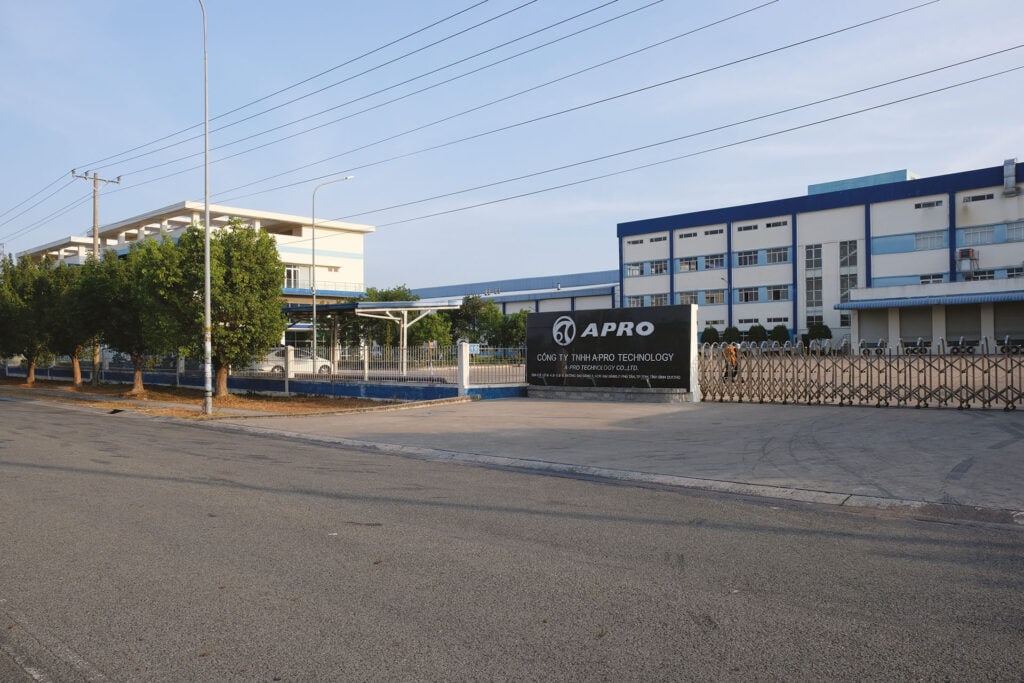
More Taiwan-based corporations moved into Vietnam to shorten the distances and speed up lead times. The country’s bicycle exports to the EU grew to 1.1 million units in 2004, accounting for 11.7 percent of the trading bloc’s bicycle imports. But then this first investment push came to a sudden halt. The reason for this was the decision of the EU commission to slap an antidumping duty averaging 34.5 percent on made in Vietnam bicycles for five years from 2006. This levelled out the comparative advantages of producing bicycles for European markets, and the number of bicycles exported to the EU dropped to 24,000 units in 2009. Luckily for Vietnam and the Taiwanese corporations that had already invested in the country, the antidumping tariffs were discontinued by 2011.
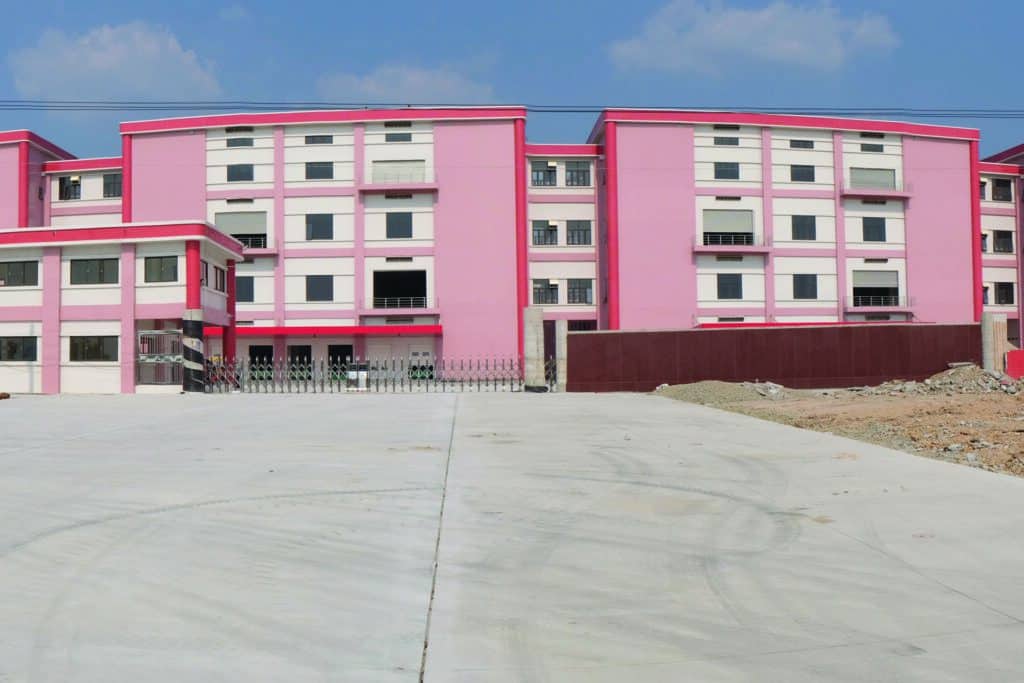
Trade agreements with the US and the EU
Things were to get even better when Vietnam managed to negotiate free trade agreements: first with the United States and later with the EU. As this coincided with deteriorating trade conditions for goods made in China, more Taiwanese companies started to look into investing in Vietnam again. Frame maker Sunrise opened its Vietnam factory in 2013, and more manufacturers started to look for plots of land to build a factory. The new euphoria saw a temporary dip when China sent a drilling rig into waters claimed by Vietnam and the diplomatic spat escalated into anti-Chinese riots that focused on the greater Ho Chi Minh City area. As the protestors could not tell Chinese and Taiwanese properties apart, some factories of Taiwan-based companies got torched as well, including DDK Group and Bor Yueh.
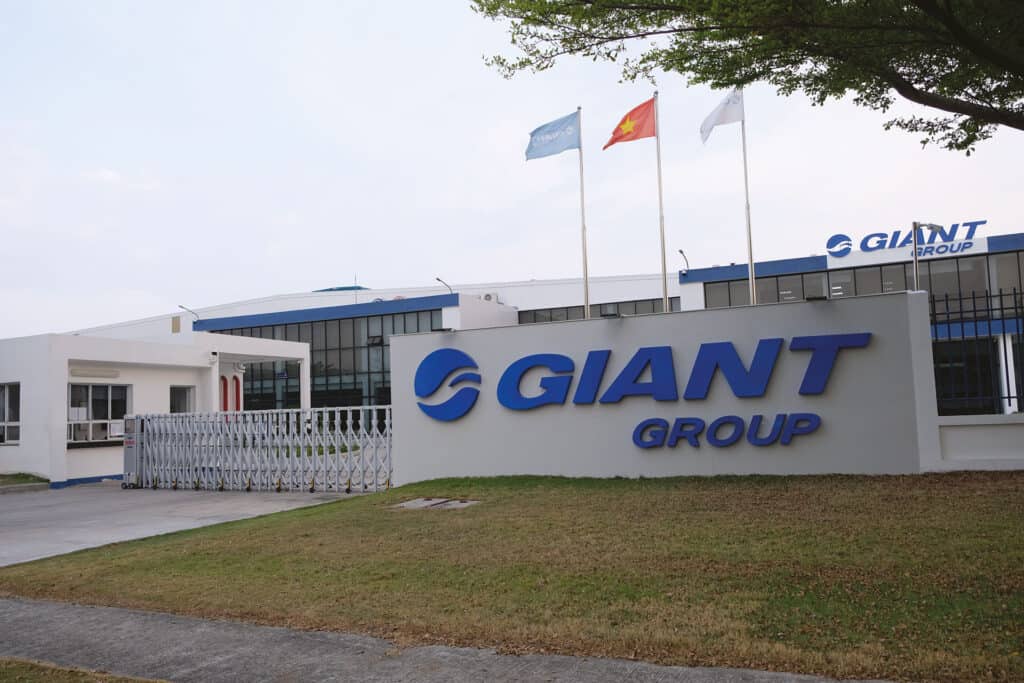
Emotions soon cooled off and Vietnam’s government offered compensation for material losses. As all other factors favourable for investments were still firmly in place, the investment activity picked up pace again, with the likes of A-Pro, Kalloy UNO, SR Suntour and Velo moving in, further adding to the supply chain. This was necessary as bike manufacturers such as KTM Bike Industries and Giant also opened assembly plants in the area. The increased demand during the COVID-19 pandemic further added to the investments in additional production capacities. Since this period of high demand came to an end in the summer of 2022 and the entire industry has struggled with overstock issues, Taiwan-based companies have started to move some of their volume-oriented production from China to Vietnam.
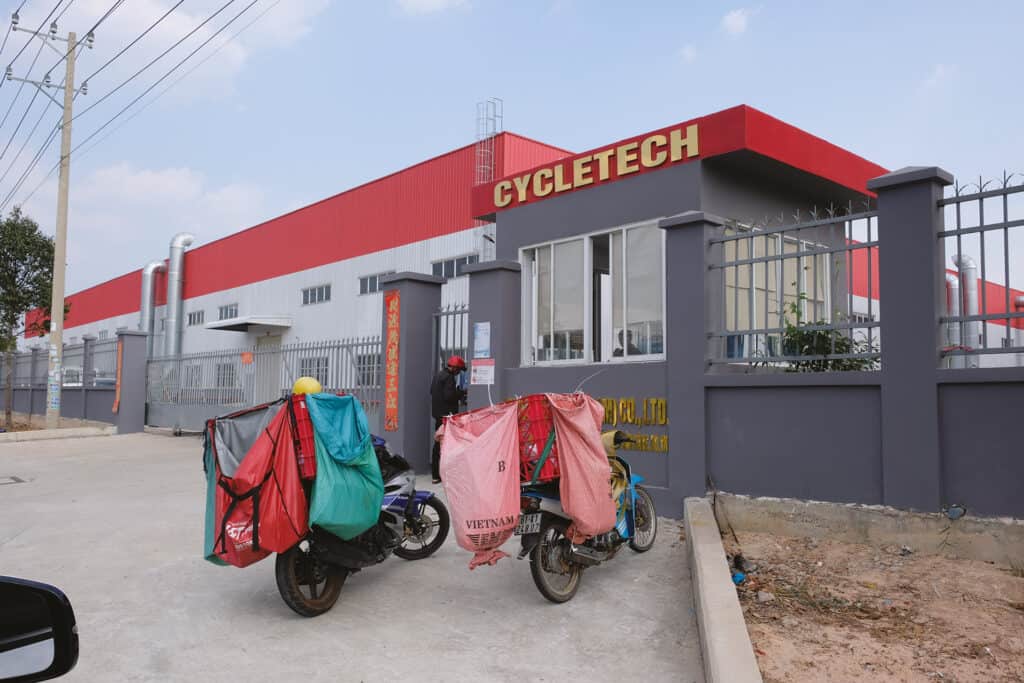
Heavy focus on e-bikes
Probably the most ambitious project currently still under construction is a joint investment spearheaded by Fritz Jou Manufacturing. This consists of a cluster of eleven factories on a single compound, housing the production of all parts needed to assemble modern e-bikes – from frames, motors and batteries to components, parts and wheels. This emphasis on e-bikes is no coincidence. As Eurostat numbers show, Vietnam only accounts for 2 percent of the non-motorized bikes imported from outside the EU, but 22 percent of the e-bikes. In this regard the country is only topped by Taiwan, with China trailing far behind.
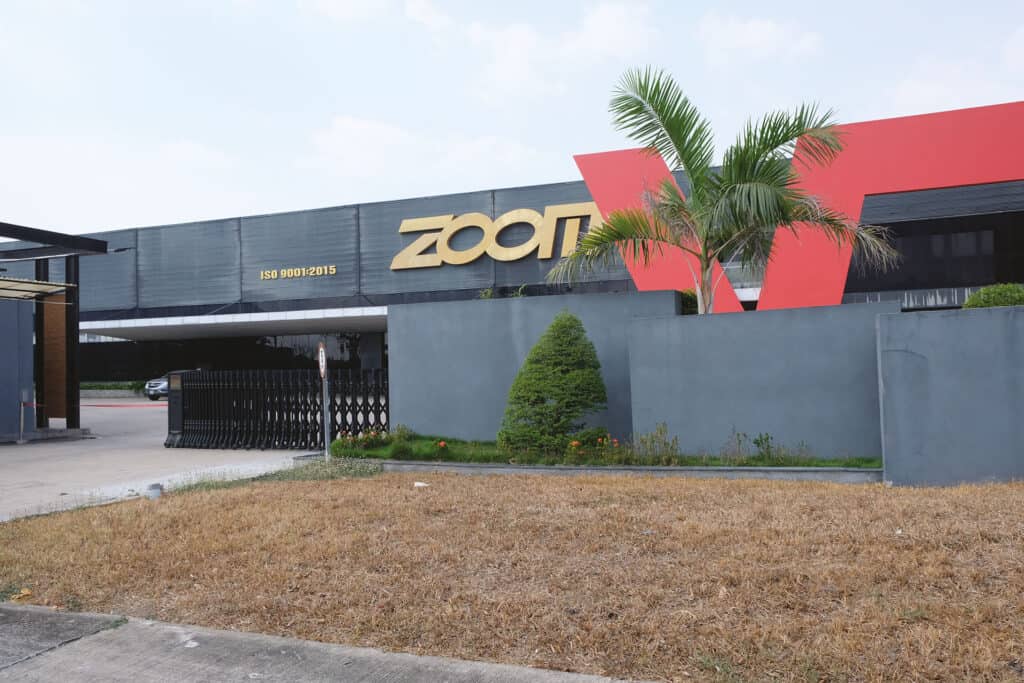
Naturally, there are also some challenges for investors in Vietnam. The amount of red tape has been growing in recent years, adding to the cost of investment. Land and labor are becoming less abundant and the ongoing anti-corruption campaign known as Burning Furnaces has slowed down the decision-making of local authorities and made their enforcement of existing rules stricter than in earlier years. Early movers like Sunrise are also facing a push from local authorities to separate industrial and residential areas. But as things stand for now, these are but side notes in a larger story of success.
More news and updates from The Show Daily team
- Taipei Cycle d&i awards 2025: And The Award Goes To…
- Ananda: Tailored e-Drive Systems to Power Your Next Bike Project
- Europe Market Data: Large-scale Discounting Erodes Turnover
- New TA5 Standard: A Thru-Axle For the Masses
- Velo & SRAM: Uniting to Advance Sustainability


